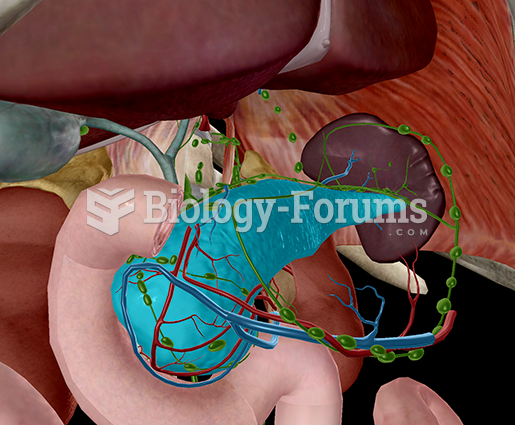|
|
|
The Romans did not use numerals to indicate fractions but instead used words to indicate parts of a whole.
More than 2,500 barbiturates have been synthesized. At the height of their popularity, about 50 were marketed for human use.
Egg cells are about the size of a grain of sand. They are formed inside of a female's ovaries before she is even born.
Many supplement containers do not even contain what their labels say. There are many documented reports of products containing much less, or more, that what is listed on their labels. They may also contain undisclosed prescription drugs and even contaminants.
Chronic marijuana use can damage the white blood cells and reduce the immune system's ability to respond to disease by as much as 40%. Without a strong immune system, the body is vulnerable to all kinds of degenerative and infectious diseases.







